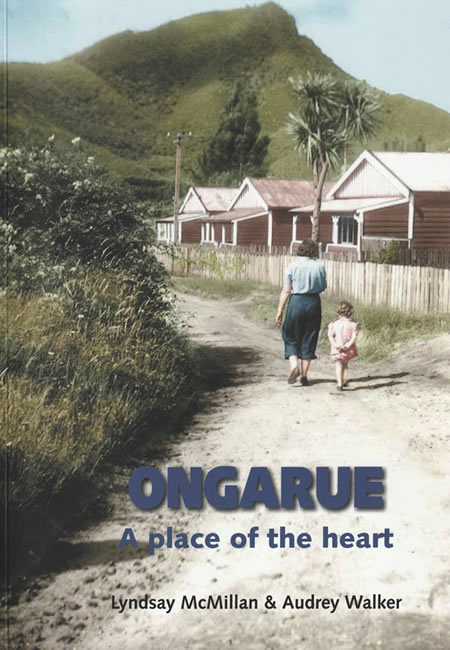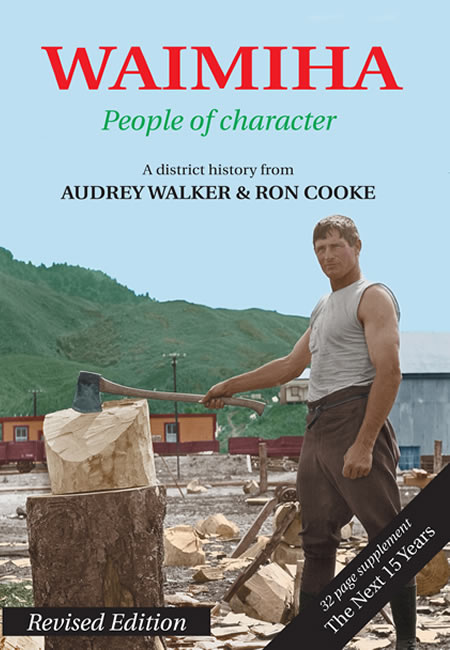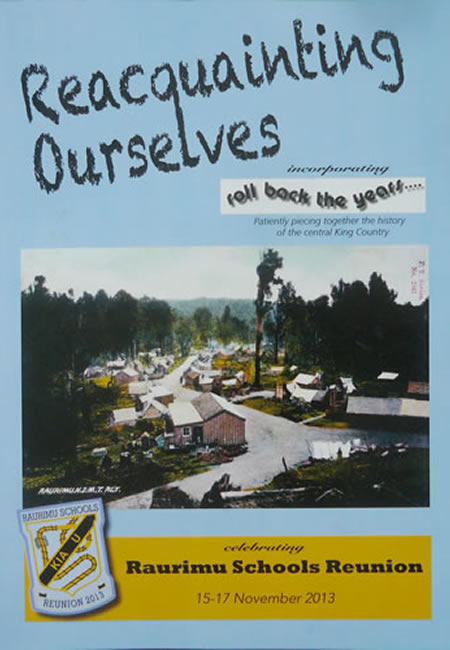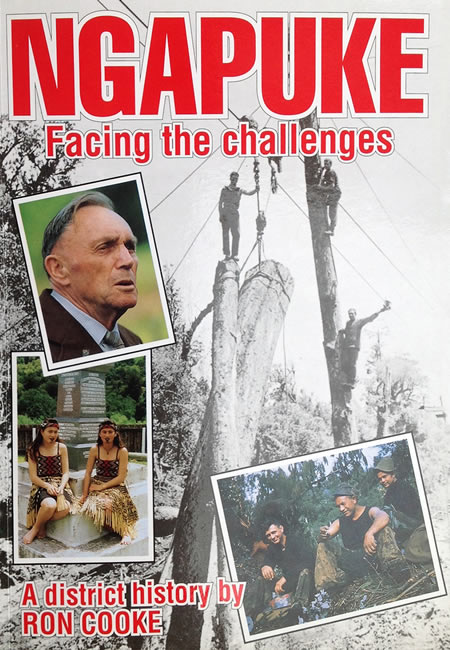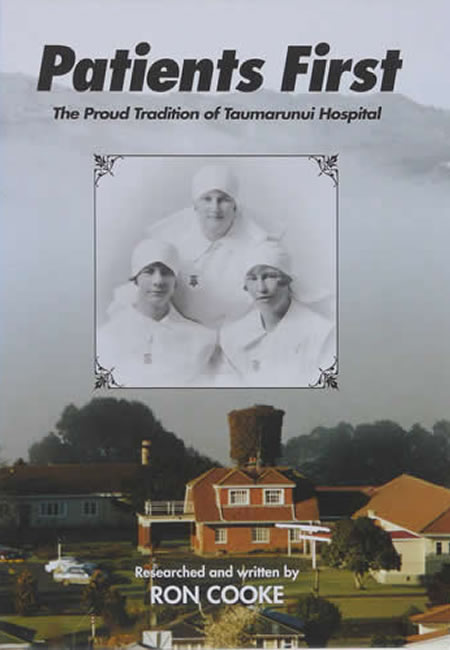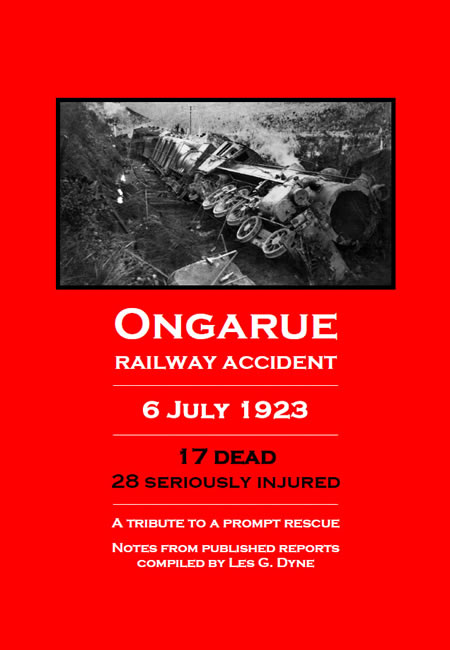-
First published by Ongarue School Centenary Committee in 2005. The book has been out of print for some years and Taumarunui & Districts Historical Society Inc was granted the go ahead to reprint this treasured, highly illustrated and informative local history. The book holds 448 A4 size pages, perfect bound, all names indexed, and covers all aspects of life in the King Country settlement of Ongarue. Previously known as Kawakawa before the Main Trunk Railway Line was constructed, sawmilling, farm settlement, schooling and other businesses soon followed. Many people called Ongarue home over the ensuing 100 years.
-
First published in 2003 following on from a school reunion, Waimiha People of Character used more than 600 photos, many reminiscing letters and conversations to paint a picture of what life in Waimiha meant to those who made it their home. Maori had harvested the teeming birdlife in the heavily bushclad hills for centuries. With the building of the Main Trunk Railway Line in the early 1900s came the opportunity for farm settlement and sawmilling, 28 sawmill sites have been identified in the valley. Waimiha School flourished with all this activity. We are selling on behalf of Waimiha Sports Club Inc who republished the book in 2018 with the addition of a 32 page supplement to cover the intervening years since first publication
-
A collection of Raurimu articles (previously published in Roll Back the Years) specially compiled as a 52 page souvenir booklet to celebrate Raurimu Schools Reunion 2013. The photographs selected with their extended captions along with short stories will give the reader an excellent idea of what life was like as the town developed. Subject matter covers building of Main Trunk Railway and Spiral; views of township, its businesses and other services plus the devastating fire of 1925. Also included is the school in the early days "under canvas" to the town hall then to purpose built buildings with numerous school groups over the years (pupils all named),the timber industry from horse drawn tramways, steam locomotives and the day a logging truck went through a bridge; and finally to leisure times of two-up, tennis and chopping. View Sample
-
A district history written on the occasion of the 75th Jubilee of Ngapuke School in 1991. The school was established to cater for the children living at Kauriki Marae and the nearby Ngapuke Sawmill. The Pungapunga Sawmilling Company had made an agreement with Ngati Tu Wharetoa to work together to harvest trees on the Puketapu Block. A mill was built at Manunui in 1907 but soon a series of ownership changes got underway as is revealed in the book. Details of the different operators, including Puketapu Sawmills, Patate Timber Co and Pukuweka Sawmills, and other mills in the area are explained through reminiscences, photos and information Ron Cooke found during research. A two-page map of the network of tramways is a valuable record of native logging in the area. The book is a companion to the Taumarunui Historical Society publications Tringamoot and Logging the Punga as Ngapuke linked the two areas where so much bush felling was going on.
-
The Proud Tradition of Taumarunui Hospital. Ron Cooke, the compiler of this 272 page A4 case bound book, says in his introduction that without a doubt, the community was proud of its hospital and it thrived on community support. "It was an institution that united the community they shared in it and cared about it." The controversial marketing strategy that put Taumarunui Hospital on the nation's surgical map is still remembered and talked about. The long drawn out battles with bureaucracy to retain funding, medical staffing and clinical standards was a sad fact of life but Taumarunui met the challenge. This book has over 425 photos and is full of human interest stories with every name mentioned on its pages being included in a comprehensive index. Your name could be here.. View Sample
-
On Friday 6 July 1923 the journey of two hundred passengers aboard the overnight Auckland to Wellington express, Train No.221, ended abruptly when it derailed near Ongarue, 160 miles (257.5 km) south of Auckland and 14 miles (23 km) north of Taumarunui. With 17 deaths and 28 others seriously injured, the derailment was at that time the worst accident to befall New Zealand Railways. About two hundred rescuers from Ongarue, Taumarunui, Te Kuiti, Auckland, and Wellington dealt with the aftermath, among them doctors, nurses, railway workers, and dozens of local residents who provided care and support for the injured and uninjured passengers. The stories in this A4 sized, 112 paged book have been collated from newspaper reports and witness statements presented to the Official Board of Inquiry and is an acknowledgement to all those involved in the rescue effort, and to the railway staff who cleared the wreckage and relaid the track to ensure the swift resumption of train services.

